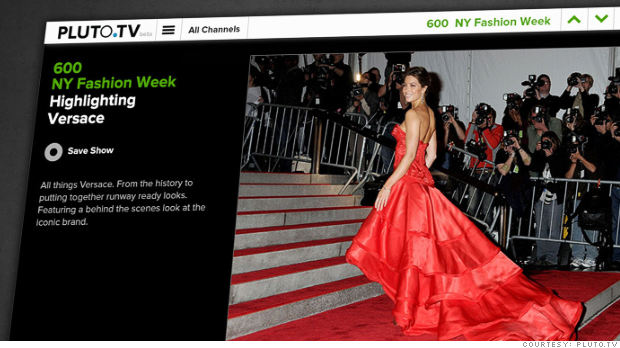NEW YORK (CNNMoney)
But it's not perfect. Like any smartphone, there are some things about the iPhone 6 that will drive you batty.
First, here's what you'll love about the iPhone 6.
1) The rounded edges. The iPhone 6 feels really, really good in your hand.
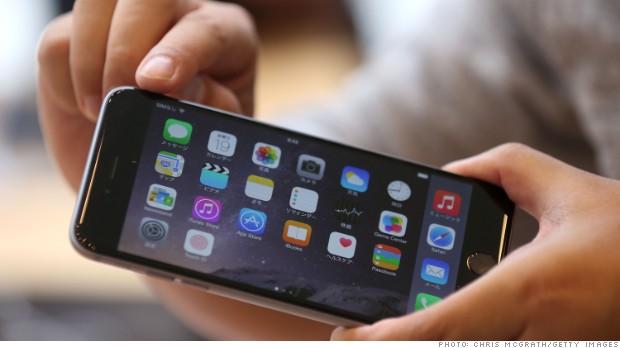
It's insanely thin and light, and there are hardly any square or jagged edges on the device. The vibrate toggle switch is the big exception -- it nicked me a couple of times when I was pulling the iPhone out of my pocket.
The curves give the iPhone 6 a less distinctive look than some of its predecessors and other smartphones on the market. But what the iPhone 6 sacrifices in appearance it makes up in usability. I don't want to put the iPhone 6 down when I'm holding it.
Related: iPhone 6 has car Bluetooth problems
2) The camera. Ironically, the ugliest part of the iPhone 6 helps deliver its most beautiful features.
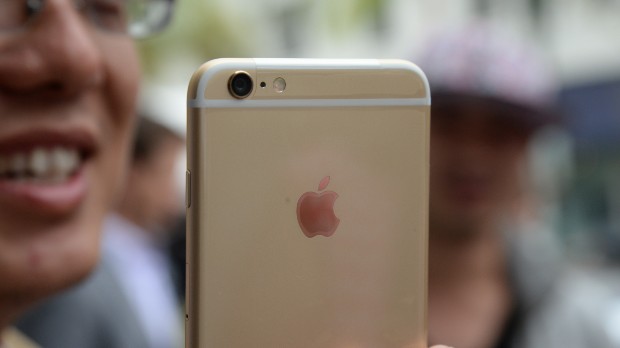
The iPhone 6's camera juts out of the phone's back by about a millimeter, and the obsessive part of me kept wanting to pop it back in. But whatever Apple got out of that millimeter was worth it.
Photos are clear just about every time. It performs masterfully in weird lighting situations, such as when the subject is in a shadow but the sun is shining brightly. It takes photos remarkably quickly and -- most importantly for photo-taking dullards like me -- without any fuss. And the front-facing camera also takes surprisingly good photos for the selfie-taking types.
The time-lapse and slo-mo video functions seemed more gimmicky than practical to me, but some people might find them useful -- or at least fun.
3) The screen. The iPhone 6's display is gorgeous. It's noticeably sharp, and the iPhone 6's display even looks great when you're not looking at the screen straight on.
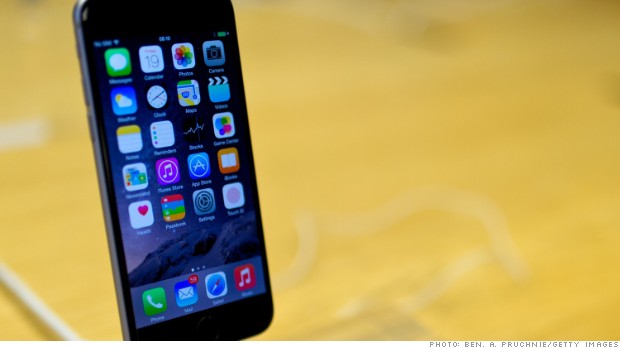
That's helpful, say, when you're watching a video with friends or showing photos to your family.
Related: Is the iPhone 6 Plus bendable?
4) TouchID. There is no shortage of complaints about the iPhone's fingerprint sensor malfunctioning, but I found it to be wonderfully convenient and accurate. It makes signing into your phone, downloading apps and buying music a breeze.
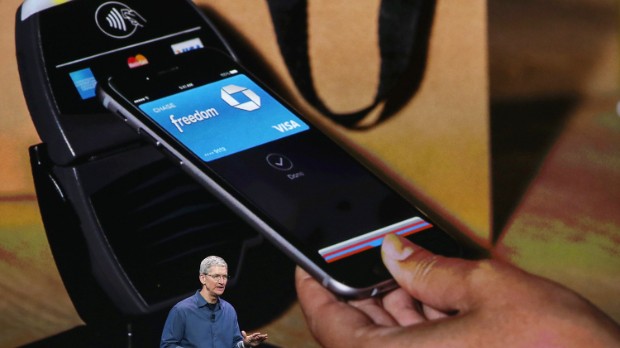
So if it works for the simple stuff, Apple Pay is going to be a cinch. Paying for stuff with your iPhone 6 supposedly will be as easy as holding your phone up to a payment terminal while touching the TouchID sensor. We'll see next month when Apple Pay launches -- but it sounds promising.
And here's what you'll hate about the iPhone 6.
5) iCloud. What an absolute mess.
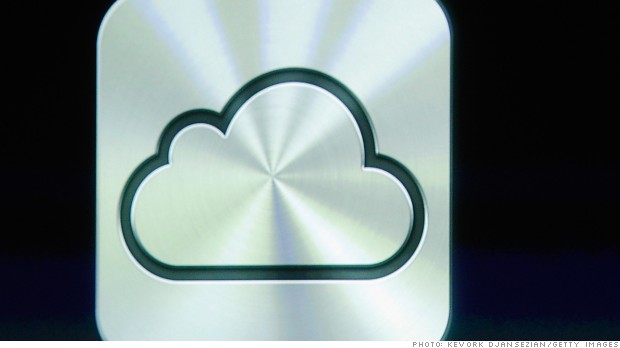
When setting up my iPhone 6, one of the umpteen prompts asked me if I wanted to "upgrade to iCloud Drive." For about 12 hours, when I went to my iCloud settings, iCloud Drive indicated that it was "upgrading" with a pinwheel of death next to it. And once it finally decided to finish upgrading, it didn't impress me. I uploaded a photo and a document via iCloud.com, and I have absolutely no idea how to view those on my iPhone. There isn't even an iCloud Drive app.
Meanwhile, iCloud says it will back up my photos via Photo Stream, but there's no obvious way to manage that -- it doesn't even exist on iCloud.com. What if I want to store photos on iCloud but not on my phone to save precious storage?
Related: Chinese smugglers make big bucks on iPhone 6
6) iOS 8. There are some really nice new features in iOS 8, including the amazing Spotlight universal search feature, text notifications that let you respond without opening iMessage, and all the brilliant camera software. That's on top of excellent existing iOS features, such as the brilliant Control Center quick tasks launcher, Facebook integration and of course FaceTime.
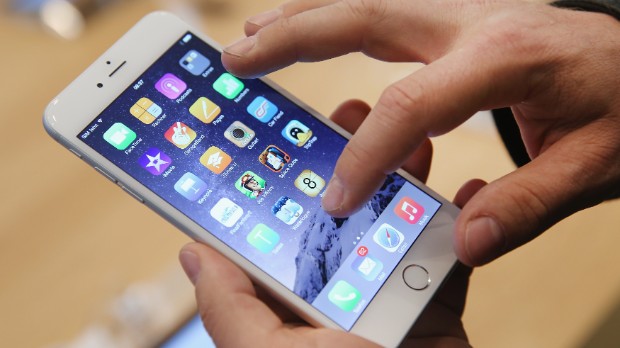
But there's plenty to hate about iOS 8, too. Setting up an iPhone is an unacceptably lengthy experience with way too many questions, options and notifications. Siri still doesn't do anything particularly worthwhile. Apple annoyingly added unnecessary steps for accessing and clearing notifications. And none of the "widgets" in the notification screen that I tested were particularly useful.
There's also a lot of Apple bloatware, including compass (really, Apple?), "tips," maps and Passbook. Others are redundant, including the contacts, FaceTime and camera apps that you can access in other places. But you can't delete or hide those apps -- the only way to clear them off your screen is to put them in a folder labeled "crap."
So here's the bottom line: The iPhone 6 is a gorgeous, incredibly well-designed smartphone with a world-beating camera and some neat tricks. But Apple's software gets in the way of the iPhone 6 being a perfect smartphone.
First Published: September 25, 2014: 10:36 AM ET
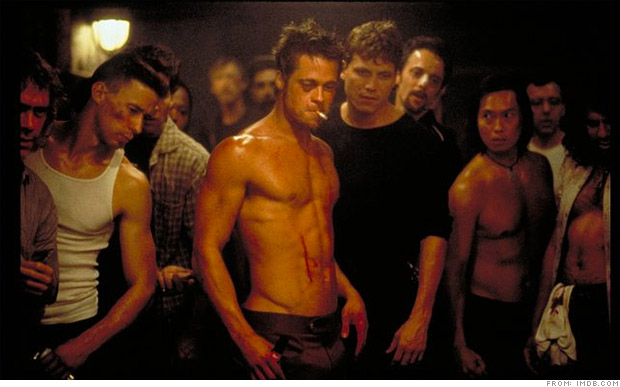 Zero Hedge posts are submitted under the pseudonym "Tyler Durden," the fictional character played by Brad Pitt in the 1999 film "Fight Club."
Zero Hedge posts are submitted under the pseudonym "Tyler Durden," the fictional character played by Brad Pitt in the 1999 film "Fight Club." 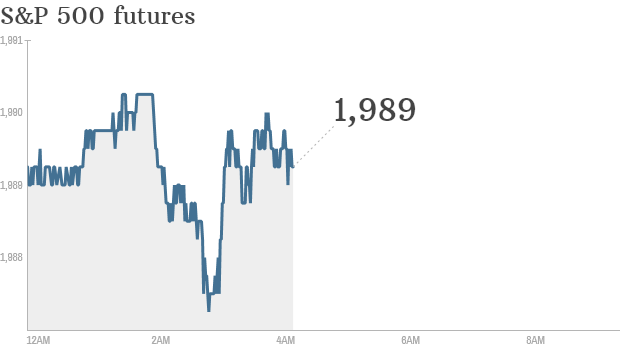 Click chart for in-depth premarket data.
Click chart for in-depth premarket data. 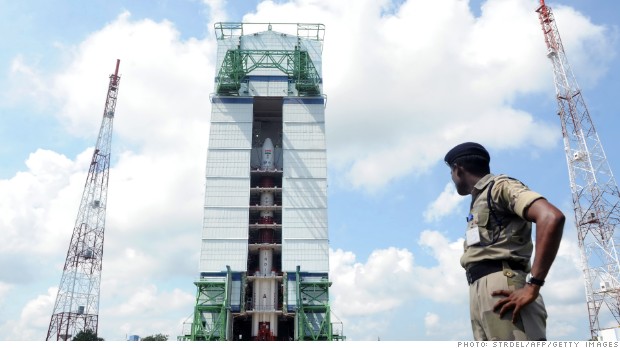
 London home prices have surged by nearly 50% since the start of 2008.
London home prices have surged by nearly 50% since the start of 2008. 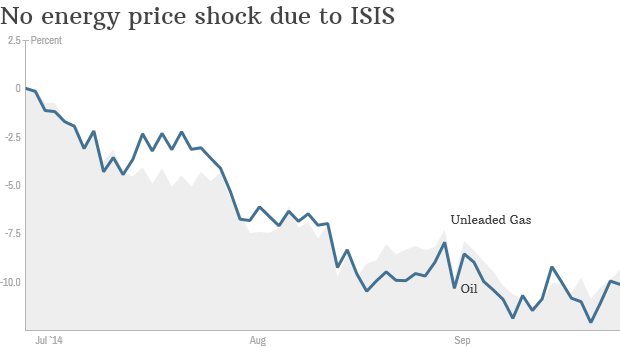
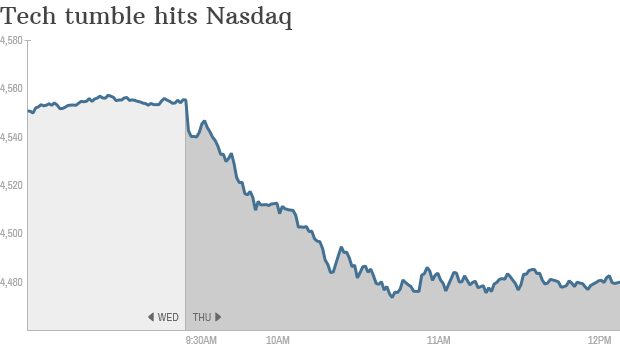
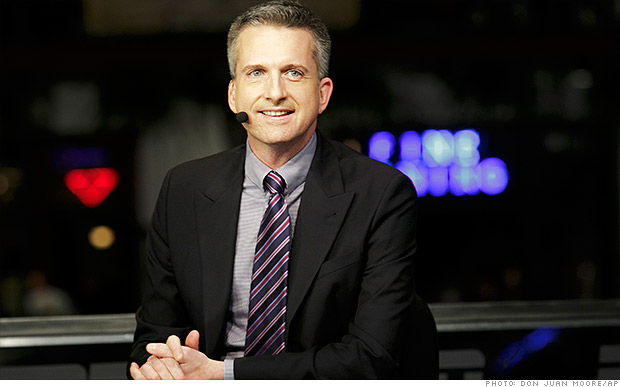 Support for the suspended Bill Simmons was all over Twitter Wednesday night including the trending #FreeSimmons hashtag
Support for the suspended Bill Simmons was all over Twitter Wednesday night including the trending #FreeSimmons hashtag 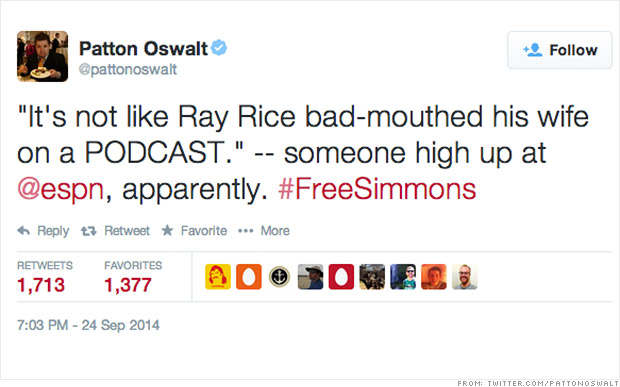
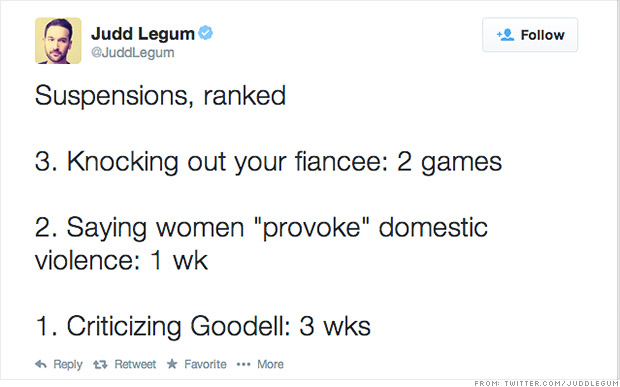
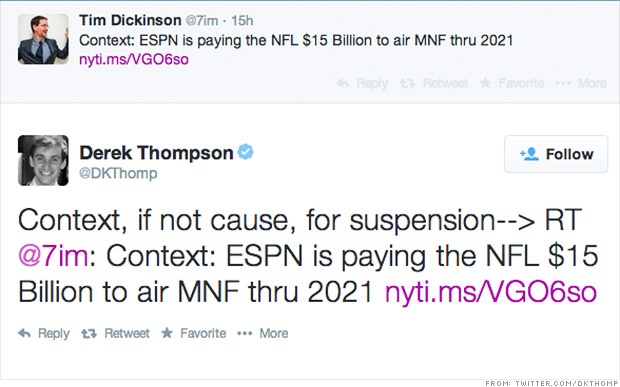
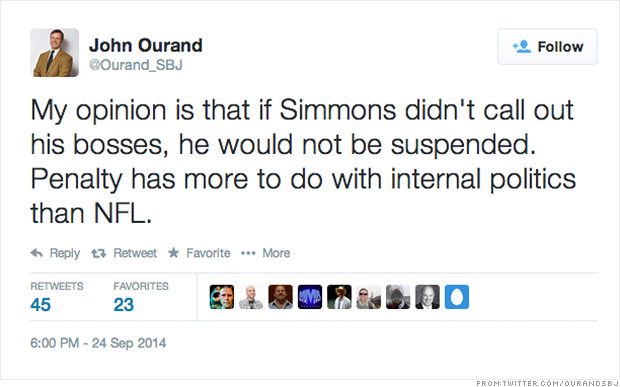
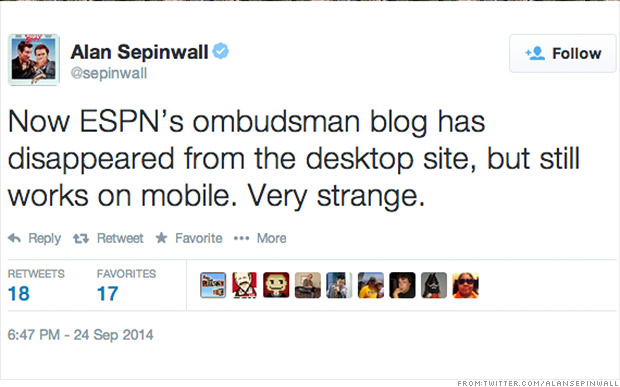
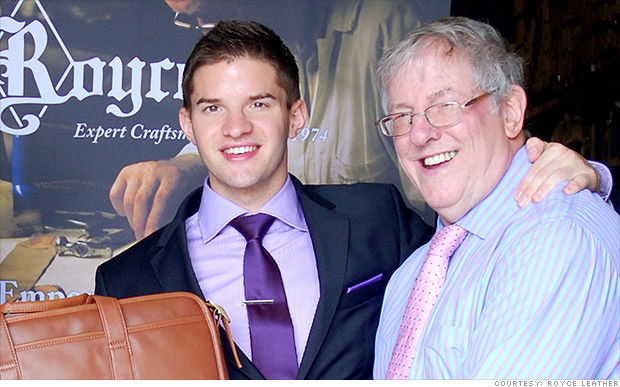 Billy Bauer with his father, Harold Bauer, founder of Royce Leather.
Billy Bauer with his father, Harold Bauer, founder of Royce Leather. 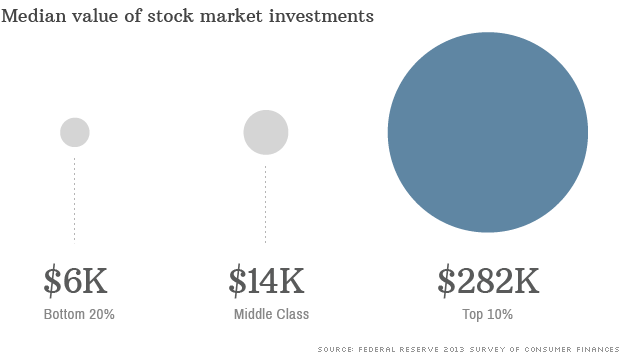
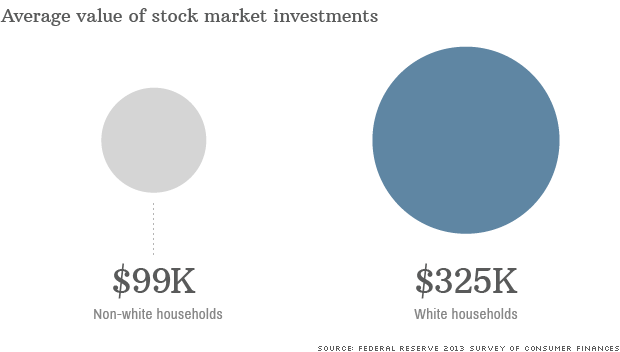
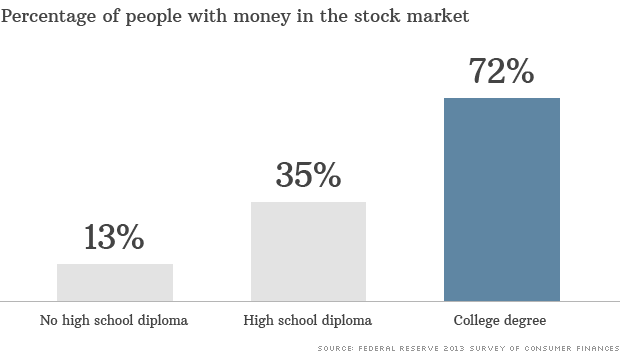
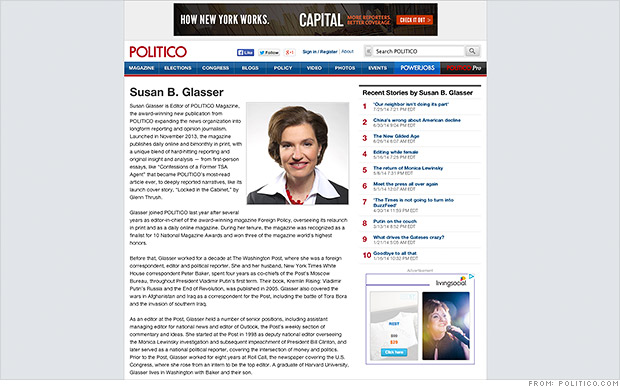
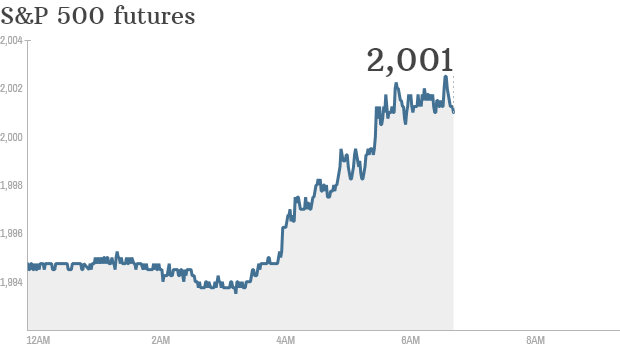 Click chart for in-depth premarket data.
Click chart for in-depth premarket data. 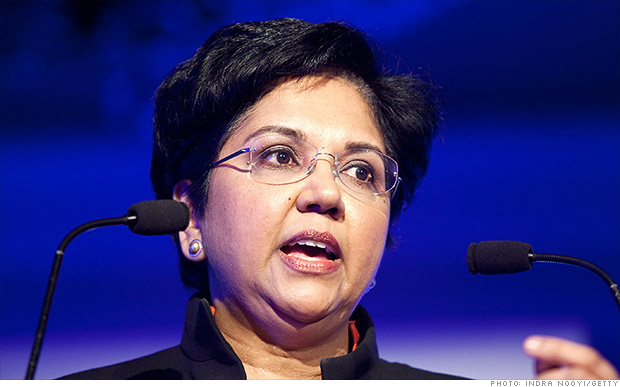 PepsiCo is the NFL's biggest sponsor, and its female CEO just gave embattled league Commissioner Roger Goodell a vote of confidence
PepsiCo is the NFL's biggest sponsor, and its female CEO just gave embattled league Commissioner Roger Goodell a vote of confidence 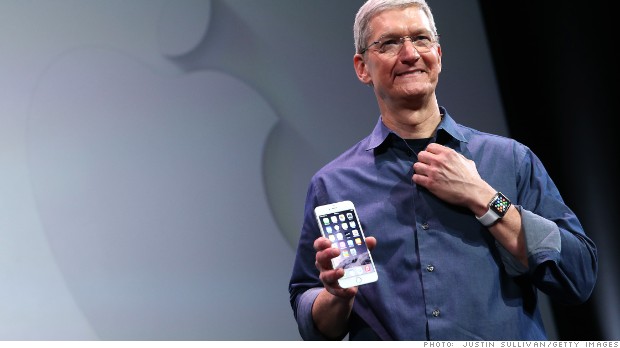 CEO Tim Cook says Apple has addressed customers' privacy concerns. But Apple's security record says otherwise.
CEO Tim Cook says Apple has addressed customers' privacy concerns. But Apple's security record says otherwise.  U.S. Sens. Jeff Flake (left) and Martin Heinrich pitched Rival Survival to Discovery Channel. It airs Oc.t 29
U.S. Sens. Jeff Flake (left) and Martin Heinrich pitched Rival Survival to Discovery Channel. It airs Oc.t 29 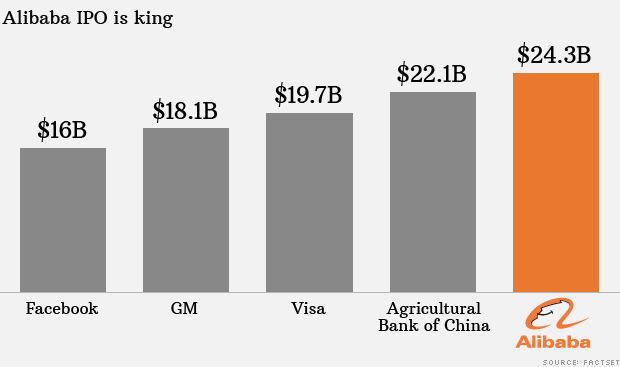
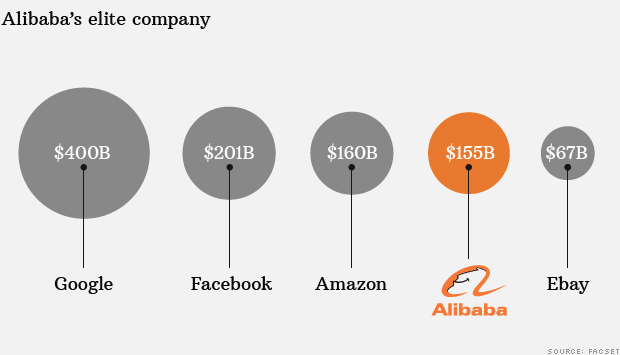
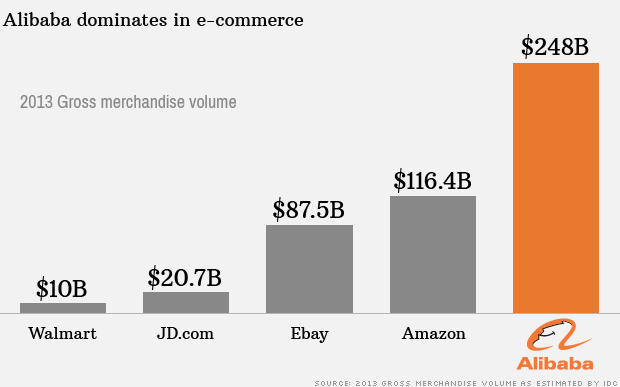
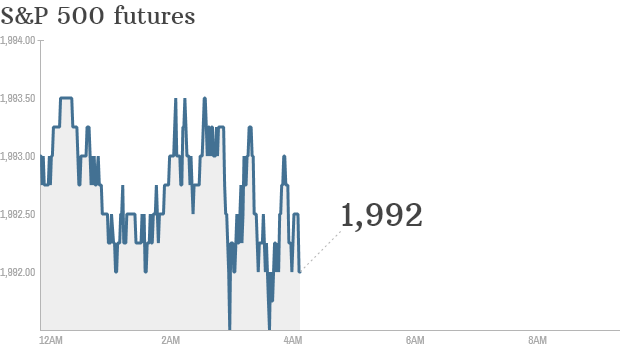 Click chart for in-depth premarket data.
Click chart for in-depth premarket data. 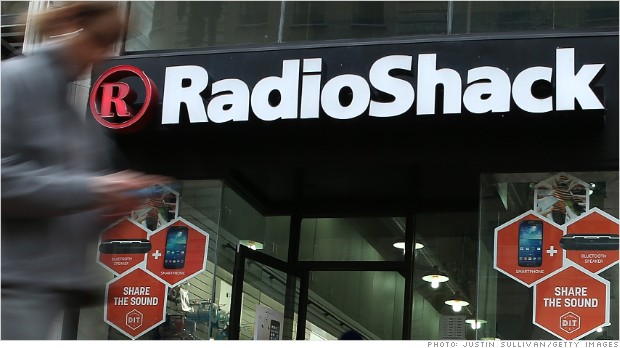
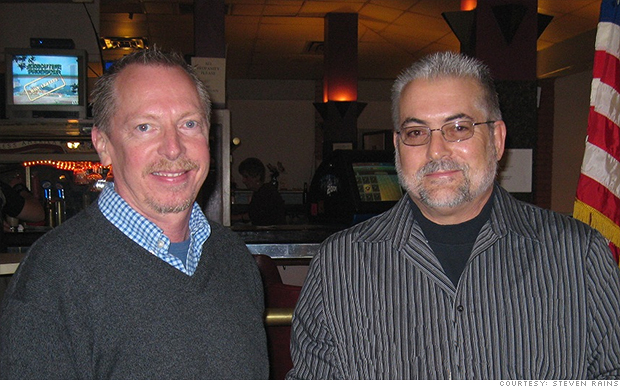 60-year-old Steven Rains, left, lost his husband Don last year to cancer. Because he lives in Texas, he is being denied $1,215 per month in survivors benefits from the Department of Veterans Affairs.
60-year-old Steven Rains, left, lost his husband Don last year to cancer. Because he lives in Texas, he is being denied $1,215 per month in survivors benefits from the Department of Veterans Affairs. 
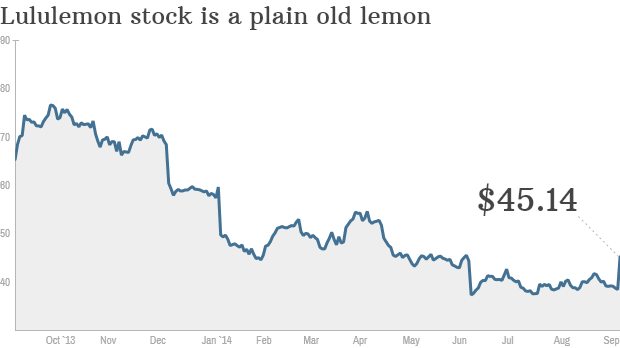
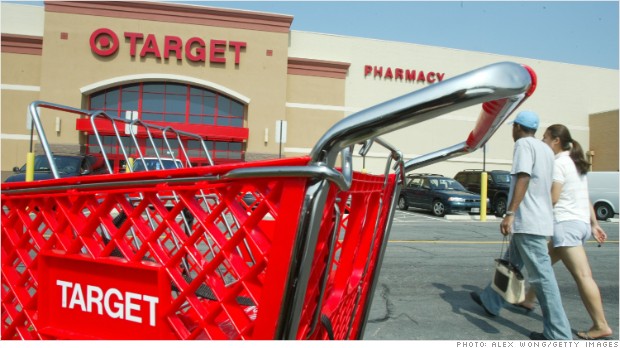 Target is shaking things up.
Target is shaking things up. 